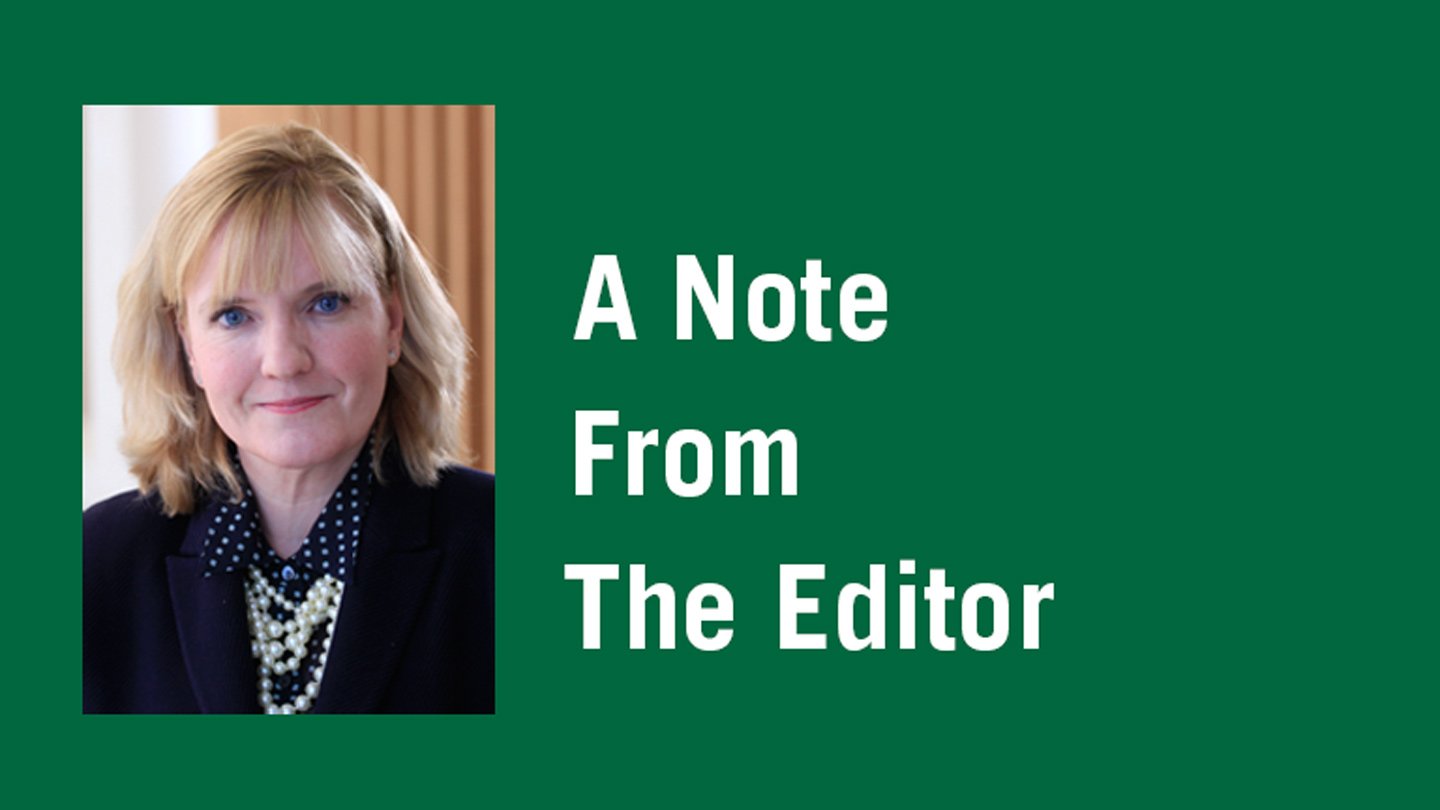CEO on Leadership: Mark Saturno, CEO, IDI Logistics

The leader of this Atlanta, Georgia, industrial development firm reflects on its purchase by two Canadian public pension funds and its strategy to develop logistics buildings in coastal and gateway markets.
IDI Logistics is a leading investor and developer of logistics real estate throughout North America. During the past 30 years, it has delivered more than 200 million square feet of innovative warehousing, distribution and manufacturing facilities.
Development: What led you to a career in commercial real estate?
Mark Saturno: Total happenstance. I was an auditor and, long term, I didn’t want to be an accountant. But I took a job in accounting at a large multifamily syndicator hoping to eventually move out of the accounting role. Over the next 10 years, I transitioned from accounting, to research and underwriting, to asset management and, finally, to the transaction side of the business.
Development: Describe how the company managed its growth as a developer and investor.
Saturno: For the first 25 years, IDI was owned by Kajima. Kajima is a Japanese construction company, and IDI was its first foray into the industrial real estate sector. As a foreign investor in the U.S., the financial and performance metrics were different from U.S.-based institutional investors. It took a long-term view of its investments; as a result, it developed large-scale, multiphase business parks. The investment strategy, coupled with the expertise of Kajima in the construction sector, made IDI one of the more prolific business park developers in the U.S. IDI has a long track record in Atlanta, Chicago, Dallas, Southern Florida, Cincinnati and Memphis.
From 2014 to the end of 2018, IDI was owned by a Brookfield Property-sponsored value-add fund. IDI went through big changes in its investment strategy and organization during this time. Brookfield had a shorter-term investment horizon and ultimately knew it would monetize its investment. Under Brookfield, IDI was also self-funding, which impacted its ability to grow. Brookfield sold IDI to a joint venture between Ivanhoé Cambridge and Oxford Properties in late 2018. Ivanhoé Cambridge and Oxford are the real estate arms of Caisse de dépôt et placement du Québec and OMERS, two of Canada’s largest public pension funds. Combined, they have over $99 billion in assets under management. The IC/Oxford venture has a much longer-term investment horizon and capital to grow beyond its initial investment.
Development: Where will you take it from here over the next five to 10 years?
Saturno: The vision for IDI is to continue to develop best-in-class logistics buildings in coastal and gateway markets. Over the next five to 10 years, the company will also acquire assets when pricing for stabilized assets is more attractive. Ultimately, IDI will be a full-service investment manager capable of both acquiring and developing assets, and I wouldn’t be surprised if we double our size. Ivanhoé Cambridge and Oxford bring broad commercial real estate experience, coupled with a desire to invest additional capital into the logistics sector. This is an exciting combination for IDI.
Development: What is your primary role as CEO?
Saturno: A great entrepreneur, Vince Nacarrato, told me to focus on three “S’s” — strategy, staffing and structure. Over time, I have changed the three “S’s” to strategy, staffing and sales. “Sales” in our industry really means capital deployment and customer development. It is important to create an organization focused on delivering a positive customer experience. It’s impossible to lead a company without a clearly articulated strategy and vision, and a plan to execute on the strategy. Staffing is critical to the execution of the plan, so one of my most important roles is ensuring we hire outstanding talent.
Development: What qualities do you look for when hiring senior staff?
Saturno: First, I look for a deep knowledge of the logistics sector or knowledge in their area of expertise. Second, I look for a cultural fit: is the person a collaborative, team-based decision-maker who objectively measures his or her contribution? Third, do they want to progress in their career and continue to learn?
Development: What are some things you have discovered you are not very good at personally or professionally?
Saturno: Often, I am too focused on short-term objectives and do not spend enough time focused on longer-term issues or strategic issues. Also, I could be a better public speaker.
Development: When one of your employees makes mistakes, how is it addressed internally?
Saturno: One of IDI’s core values is transparency. I’d like to believe we provide direct, honest and timely feedback on how to correct the mistake in the future. We all make mistakes. How we learn from those mistakes is what makes the individual or the company stronger. I find no better way to deal with mistakes.
Development: What was one of the biggest mistakes your company has made?
Saturno: The biggest mistake the company made was not managing the balance sheet for a downturn. The company was sold, in part to Brookfield, because it did not have sufficient liquidity and too much land on the balance sheet. IDI was not the only company to make this mistake.
Development: How is your company preparing to weather the inevitable economic downturn?
Saturno: Our primary means of preparing for a downturn is managing the company’s balance sheet and our overhead. Managing the company’s balance sheet has been a priority for IDI since the Brookfield acquisition. Evaluating our exposure to land and development as well as market concentrations is an important part of our planning and investment objectives. The balance is to provide a pipeline of opportunities for growth and higher returns while not getting too far on the risk spectrum.
Development: What advice would you give someone entering the commercial real estate industry today?
Saturno: Creating and maintaining long-term relationships is important in our industry. In the commercial real estate sector, you are often two degrees of separation from a former co-worker, equity partner, lender or service provider. Changes in technology or investment strategies won’t change that dynamic. I have been fortunate to work with people multiple times at different companies in my career, and I am always appreciative of the opportunity to work together again.
Development: Did you have a mentor early in your career? If so, what did he or she teach you?
Saturno: I am lucky to have had several great mentors and managers. Early in my career, I was told if I couldn’t explain a transaction on the back of an envelope, I didn’t truly understand the opportunity. I spent weeks modeling the development of a several-hundred-acre residential project in Florida only to have Jerry Reinsdorf, then the CEO of The Balcor Company, replicate my math on a legal pad and come to returns remarkably close to my weeks of effort. Later in my career, I learned the importance of evaluating decisions, whether staffing or investment decisions, in the context of the overall strategy of the company. Hamid Moghadam and Gene Reilly of Prologis instilled this discipline in me during my time at AMB.
Development: How do you de-stress?
Saturno: I am fortunate to have a wife who still enjoys spending time with me even after 25 years of marriage. We are avid tennis fans and play tennis individually and together. She also has me doing Pilates — but I think that might be more of a stress creator.
Ron Derven is a contributing editor for Development magazine.






